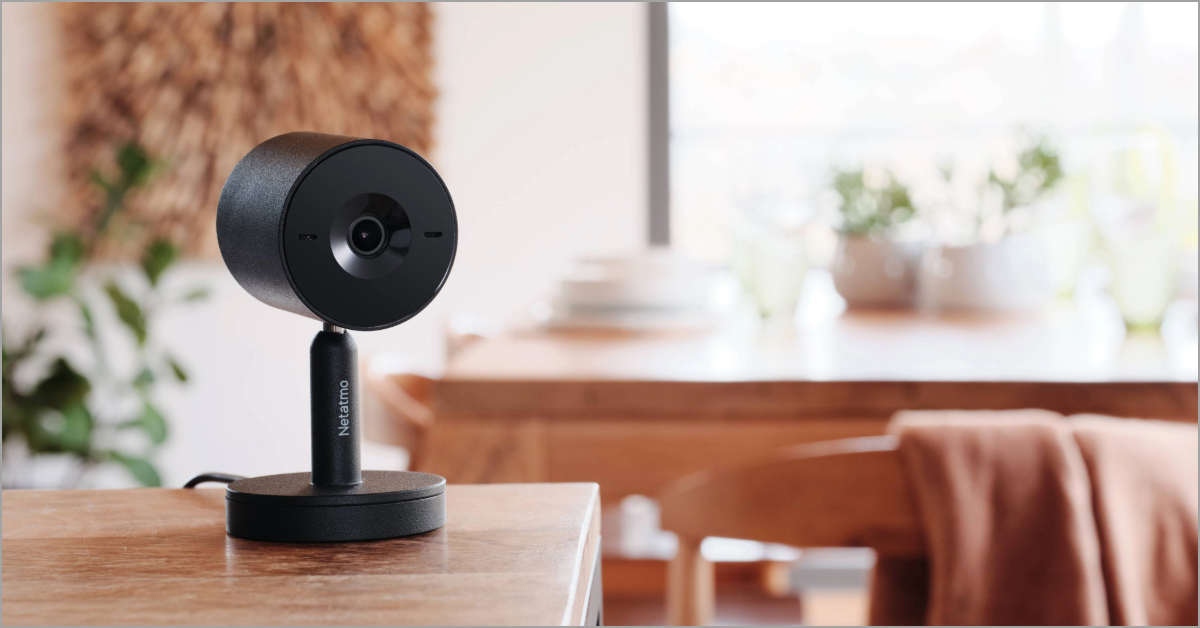
New Indoor Camera Advance

A heating programmer allows you to precisely control the levels of heating throughout your home, room by room. You can set up your heating programmer to control your home heating levels depending on the time of day (we all know that it’s often cooler in the mornings and evenings at home during the winter!).
A heating programmer is essentially another term for a programmable thermostat. They’re both terms used to describe devices that allow you to effectively control your heating at home. This control helps you to protect the environment, by only using the heating you actually need at any given time, and to simultaneously reduce your home heating bills.
The primary way to spend less on your energy bills is to control your energy consumption - use less energy to save!
To do this, you’ll want to control the heating levels in each room of the home according to your needs. A programmable thermostat can help you to save some 15% on your home heating bill. You can install a heating programmer device on each radiator in the home to control your heating levels accurately.
Above all, don’t pump heating into your home when you don’t actually need it! A thermostat will help you keep an eye on where and when you can reduce your heating consumption. You can use your heating programmer to turn off your home heating when you’re away from the home (during the day or for a longer period, such as a winter time holiday). You can also use your programmable thermostat to warm up your home just in time for you to arrive home to a great, toasty atmosphere in the evening.
Above all, heating programmers allow you to be much more environmentally conscious in your home heating choices. Only use your heating when you need it and make the most of the heating that you do use in the home.
With a programmable thermostat, you can reduce your home carbon footprint and bring down your home heating bills at the same time, all while keeping your home toasty warm.
There are a wide range of programmable thermostats out there, to suit all types of homes, heating preferences, heating systems and budgets.
From the simplest programmable thermostats to the most complex programmable thermostats, each of the models has its plus points and minus points. Wired programmable thermostats, wireless programmable thermostats, remote controlled programmable thermostats, fixed programmable thermostats, mobile programmable thermostats… which programmable thermostat will be right for your home?
Even the most basic programmable thermostats can bring you significant savings on your home energy bills.
Remember, no matter which type of thermostat you choose, the best way to control your consumption is simply to reduce the heating level in your home.
Across wired and wireless programmable thermostat models, you’ll likely find both more technologically advanced and therefore more expensive options, as well as less advanced, and therefore slightly cheaper, options.
The more costly thermostat types will tend to offer a wider range of control features, including eco modes, night modes, and so on. You’ll want to find the programmable thermostat that best suits the heating controls you need in each room of your home.
Installation for wired and wireless programmable thermostats
The installation process for a wired thermostat is more complex, as it needs to be wired into the walls of your home in order to start to control your heating.
Wireless thermostats, on the other hand, require no wired installation, so are easier to set up in your home and start using to control your energy consumption.
Smart programmable thermostats are a great option for optimal control of your home heating. Smart thermostats allow you to remotely control and adjust your home heating even while you’re away from the home.
They’re such a simple, easy way to control your home heating, right from your portable smart devices!
Did you know that the Netatmo Smart Thermostat is a programmable thermostat that comes in both wired and wireless models? You can use this programmable thermostat device to achieve significant savings on your home heating bills, reducing your impact on the environment at the same time. Remotely control and adjust your home heating from your smartphone and tablet, wherever you are and whenever you need to.
This will depend on your budget, energy priorities, heating needs, central heating system and design and layout of your home. There are multiple programmable thermostat options out there, so you’re sure to find the right fit to begin to control your home heating.
For budget friendly options, you’ll want to look at a wired or wireless thermostat with minimal features, that still allows you to effectively control your heating levels. If you have a larger budget to optimise your heating control, go for a smart programmable thermostat for remote heating control. You might also want a wider range of features for your heating programmer.
Programmable thermostats, also known as heating programmers, are a great way to optimise your heat consumption in the home. Control your heating levels room by room in the home, reduce your overall heating consumption and bring down your home heating bills in the process.